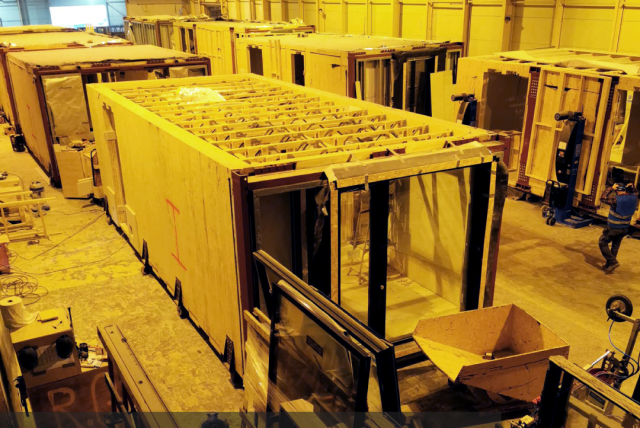Are MODULAR HOMES good for the environment?
Due to recent advances in consumer awareness, environmental advantages of offsite and modular building systems are increasingly viewed as a part of the solution to improve the sustainability of the housing market.
According to ‘Construction 2025’ (the joint government and industry strategy) within the next four years construction-related emissions and project delivery times must be halved.
Due to the quality-controlled process, modular construction allows the following green benefits:
Less waste
Since modular builders work in a factory-controlled environment, it’s possible to optimize construction material purchases and usage. A general contractor would send any overage to the recycle bin or to the dump, where with modular construction most of the waste will be recycled in the factory.
Fewer site disturbances & pollution, improved air quality
Offsite construction greatly minimizes the traffic movement from workers, equipment and suppliers. There is reduced need for building material deliveries, noisy on-site machinery or large numbers of staff.
This can have a positive effect on the environment.
Energy
Offsite construction projects use much less energy than traditional solutions, lowering the carbon footprint of whole projects. These types of build also minimise air leakage and have lower running costs overall.
Modular offsite building solutions are not just inherently greener – they also reduce the #environmental footprint of the industry, whilst improving health and safety.
The sustainability factors of offsite construction are considerably improved through circa 50% of the construction being undertaken in a factory controlled environment.
Modules


